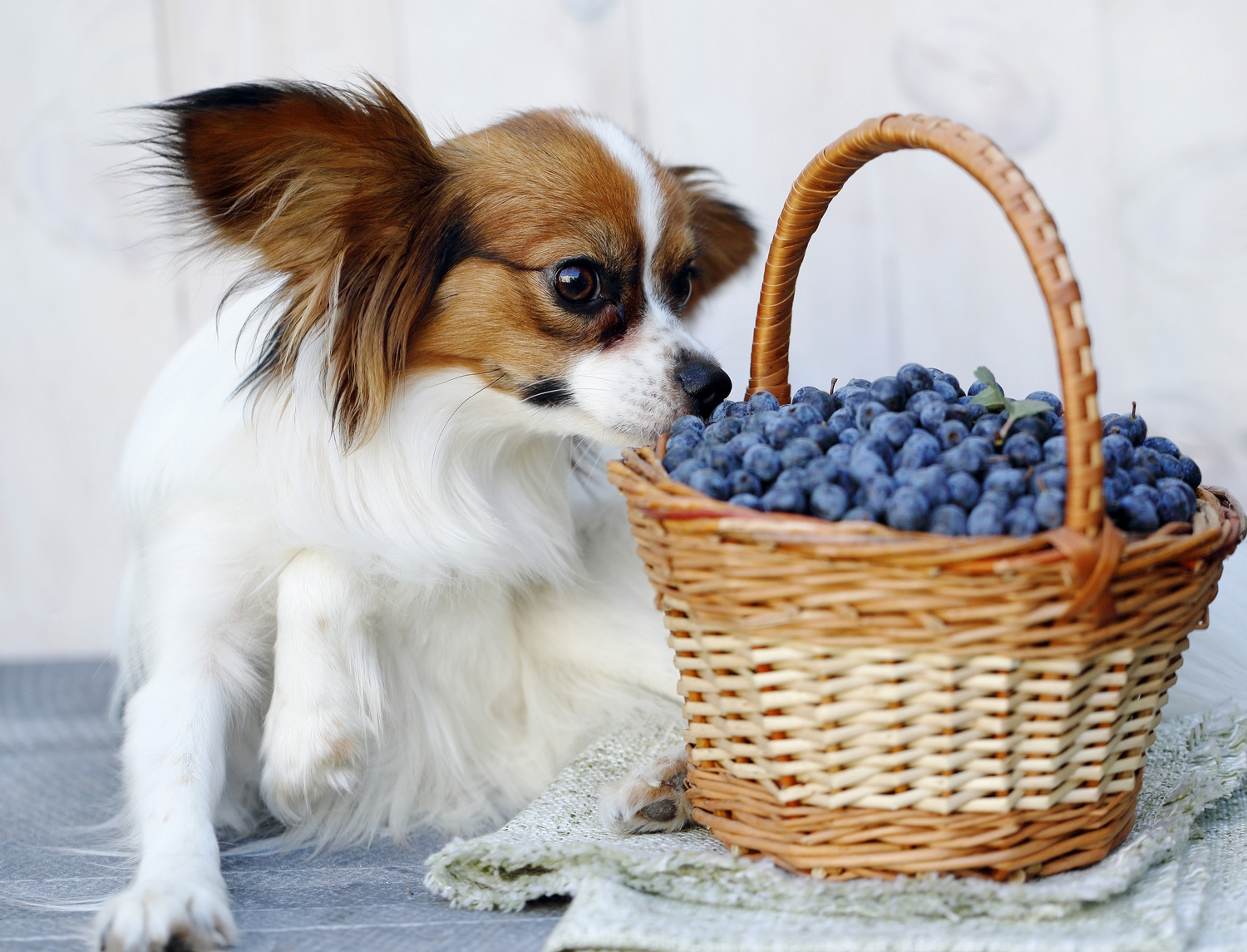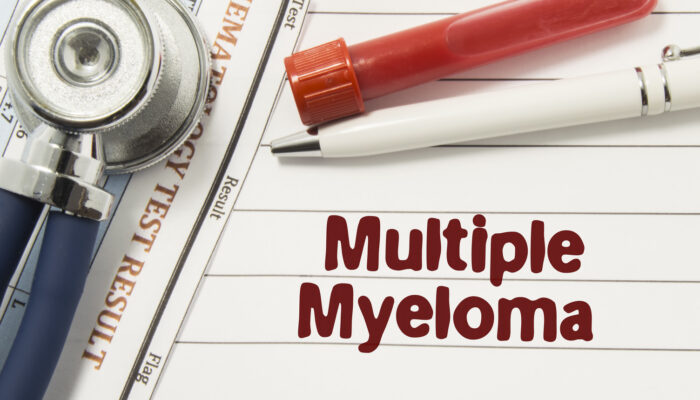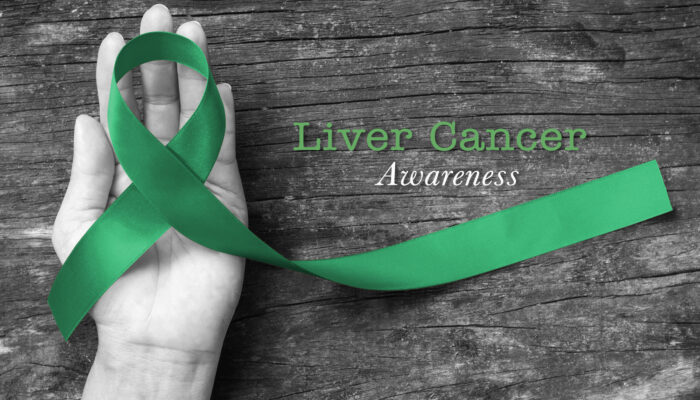
Tips for Feeding Allergic Dogs
Generally, most dogs are prone to some type of allergy regardless of the type, but around 10 percent of all dog allergies happen to be food allergies. This makes food allergies in dogs pretty common, so if gave your pup some new food and all of a sudden they’re scratching and sneezing like crazy, your dog could have a food allergy.
Don’t worry, this isn’t the end of the world, but there are some steps you will have to take to ensure you’re feeding your dog the food that agrees with their stomach. Some of the most common signs of a dog having an allergic reaction to food include:
- Itching
- Sneezing
- Skin rashes
- Red eyes
- Eye discharge
- Hair loss
- Ear infections
- Diarrhea
- Nasal discharge
- Constipation
- Breathing issues
- Weight loss
- Seizures
Some breeds are prone to more food allergies than others, the most common dog breeds with food allergies include Dachshunds, Bulldogs, Pitbulls, Golden Retrievers, German Shepards, Pugs, Yorkies, and Shih Tzus. Not only is having food allergies common in dogs, but the types of foods they are allergic to is also pretty similar as well. Studies show that on average, these are some of the most common foods for dogs to be allergic to:
1. Beef
Proteins are a common food allergen in general, not just for dogs but for people too. Beef is one of the most commonly used ingredients in multiple pet food brands, so this is probably the cause of it being the most common food allergen in dogs. With a whopping 34% of dogs with a reported reaction to beef, it’s practically two times as common as the second most common food allergen.
2. Dairy
With 17% of dogs reporting a reaction to it, dairy is the second most common food allergen in dogs. Now having an allergy to dairy is different than having an intolerance, as if your dog has an intolerance to dairy it will lead to gas, diarrhea, and vomiting just as with a human who has lactose intolerance.
3. Wheat and grains
This one can be tricky because grains can cover a wide variety of foods such as wheat, oats, rye, rice, corn, quinoa, and even some beans. The percent of dogs with this particular allergy is around 13%. If your dog has this type of allergy, they would need to be put on a grain and wheat free diet, including gluten free dog food.
4. Soy
At 6%, soy is still a pretty common food allergen in dogs, but soy actually can cause more risk to your dog’s health beyond just allergies. Some studies even show soy being the cause of thyroid and liver disease, although nothing has been concretely proven.



